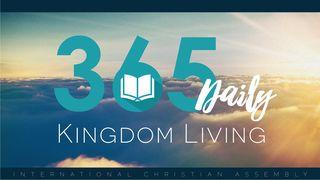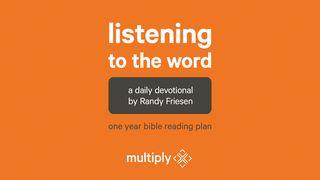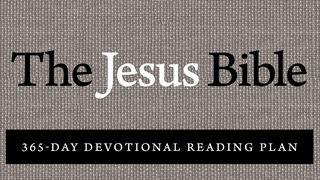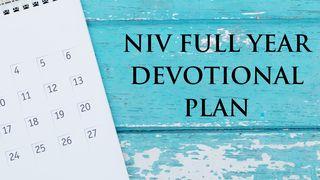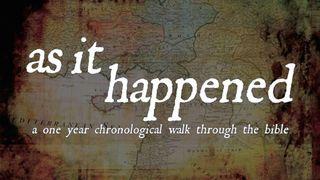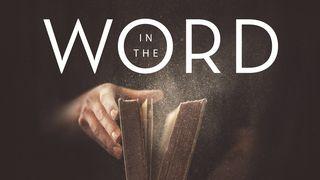Plan info
For The Love Of GodSample

IN SOME WAYS ZECHARIAH 13:2-9 continues with the theme of leadership. But it has two parts, each with very distinctive emphases:
(1) In Zechariah 13:2-6 God condemns the false shepherds—a common theme, of course (e.g., Jer. 23:9ff.; Ezek. 13; 34:1-10). Moreover, it fits the immediately preceding verses. There, we saw, a fountain is opened up for the cleansing of the inhabitants of Jerusalem in general, and for the house of David in particular. But if citizens and royalty alike are purified, so also must the religious leaders be purified. “On that day” (Zech. 13:2), God declares, he will banish not only the idols but the false prophets from the land. So transformed will be the situation that the covenantal ideal will be in force (Deut. 13:6-11): if someone says “Thus says the Lord” when the Lord has not spoken, his closest family members will be the first to silence him. Those who in the past have been false prophets will be so ashamed of themselves that when they are challenged they will insist that they are farmers (Zech. 13:4-5). If there are “prophetic scars” on their bodies (doubtless from self-inflicted wounds tied to ecstatic paganism, as in 1 Kings 18:28) they will lie through their teeth and insist that the scars were the result of some brawl or other that went on “at the house of my friends” (Zech. 13:6).
The point is that in the final arrangements of things, false teaching and false prophecy will be a thing of the past. Those with ears to hear should therefore abominate all such “prophecy” already, as a mark of attentiveness to the true word of the Lord.
(2) Some have wondered if the final three verses (Zech. 13:7-9) have somehow been misplaced from the end of chapter 11, where Zechariah has devoted a lot of attention to shepherds. In fact, these verses would not have made much sense there but they are admirably suitable here. Chapter 11 ends with Zechariah representing the worthless shepherd who undergoes divine disapproval. But the shepherd in Zechariah 13:7-9 is one God approves. The connections with the preceding two sections are easier to demonstrate. In Zechariah 12:10-13:1, Yahweh himself is wounded, pierced through; and then false prophets are denounced (Zech. 13:2-9). But there is still a need for the right shepherd. The right one is God’s shepherd, “my shepherd … the man who is close to me” (Zech. 13:7). God commands the sword to strike him (reflect on Acts 4:27-28). Elsewhere, God himself is the shepherd, and so is his servant David (Ezek. 34); so here, God himself is pierced through, and so also is his shepherd. The first result is that the sheep scatter (Zech. 13:7; see Mark 14:27; Matt. 26:31); the ultimate result is the purification and faithfulness of the people of God (Zech. 13:9).
About this Plan

A daily devotional for discovering the riches of God's word: For the Love of God is a daily devotional designed to walk a person through the Bible in a year while assisting the reader in discovering the riches of God's W...
More
We would like to thank The Gospel Coalition for providing this plan. For more information, please visit: thegospelcoalition.org


